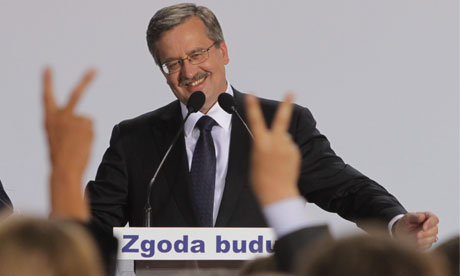Some of those rites were for example: youths jumping over the flames of bonfires, girls making garlands of flowers and floating them on rivers trying to read their relationship fortunes from the patterns of the floating flowers while men attempted to capture the garlands, in the hope of capturing the interest of the woman who created the garlands.
In old Kupala belief, that eve of Ivan Kupala is the only time of the year when ferns bloom. Prosperity, luck, discernment and power would befall on whoever finds a fern flower. Therefore, on that night village folks would roam through the forests in search of magical herbs and especially the elusive fern flower. Traditionally, unmarried women with garlands on their hair, would be the first to enter the forests. They were followed by young men. Therefore, the blooming of relationships between pairs of men and women often resulted from the quest in finding herbs and the fern flower within the forest.

These days in Kraków we have every year a celebration on the banks of the Vistula river, there are numerous exhibitions, fairs, firework displays, competitions and concerts (last year we could listen to Lenny Kravitz!).

This year due to flooding the celebration did not take place as usual near the Wawel castle but more in the centre of Kraków. It took a form of a big fair that lasted five days. We could watch unusual performances, concerts and demonstrations by craftsmen of making the traditional arts and crafts.

On top of that we could taste some traditional foods, admire old amber jewelry, see traditional costumes and all sorts of other things on the fair stalls. There were also some competitions and games for children. And most importantly as usual a competition for the most beautiful garland!
By Beniamin Palider-Traczyk and Julia Federska





